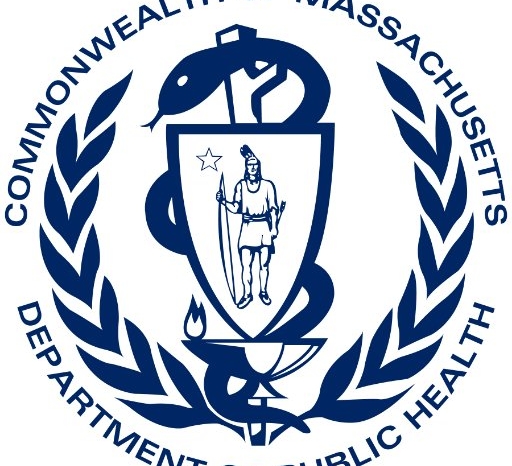Pioneer wants to know how many people with dementia have died in Massachusetts nursing homes. State government can’t even tell us how many people live in them.
Last month, Pioneer Institute sent a public records request to the Massachusetts Executive Office of Health and Human Services (EOHHS) asking for data on the population of the state’s long-term care facilities. The goal was to determine whether COVID-19 has disproportionately impacted people with serious pre-existing conditions particular to the old and frail, such as dementia. Pioneer was extremely disappointed with the response sent to us by the state Department of Public Health (DPH), which potentially revealed shocking gaps in information on the facilities that the agency oversees.
Specifically, Pioneer asked for the following:
- The number of residents of long-term care facilities in Massachusetts as of February 29, 2020
- The number of residents of long-term care facilities in Massachusetts in dementia care units as of February 29, 2020
- The number of residents in dementia care units of long-term care facilities who have died from COVID-19 related complications as of the most recent figures available
- The number of residents of long-term care facilities in Massachusetts who were not in dementia care units as of February 29, 2020 who have died from COVID-19 related complications as of the most recent figures available
In their response, the DPH asserted that “The information you seek does not exist as a single record or segregable port record within the custody and control of DPH. Specifically, DPH does not collect or maintain information on the number of residents of long-term care facilities, only the number of licensed beds at each facility.”
Apparently, the DPH counts COVID-19 cases and deaths in nursing homes, but not the total number of people who live in nursing homes. It feels highly uncharacteristic of the government to pay for people’s health care costs but not have this data at its fingertips on the people it readily serves. While the health information of particular individuals is protected from disclosure under HIPAA, Pioneer wasn’t asking for data on individuals, merely aggregate numbers that may reveal the scale of a broader problem: the disproportionate impact of COVID-19 on vulnerable populations.
If this data truly isn’t collected anywhere in the state’s Executive Office of Health and Human Services, which includes several agencies that have jurisdiction over nursing homes including DPH, the Executive Office of Elder Affairs, and MassHealth, then that is a serious problem. Massachusetts is in the midst of a global pandemic that has killed over 5,500 people in nursing homes. Even if there was an issue finding the correct data “from a single source,” this response from the DPH is a complete dodge at best. We sincerely hope that more complete data on nursing homes and care units will be collected and made readily available to the public. This should be the standard for any and all open and productive democracies.
Andrew Mikula is a Research Assistant at the Pioneer Institute. Research areas of particular interest to Mr. Mikula include land use issues, the cost of living, and tax and regulatory structures. Mr. Mikula was previously the Lovett & Ruth Peters Economic Opportunity Fellow at the Institute. He has a B.A. in economics from Bates College.



